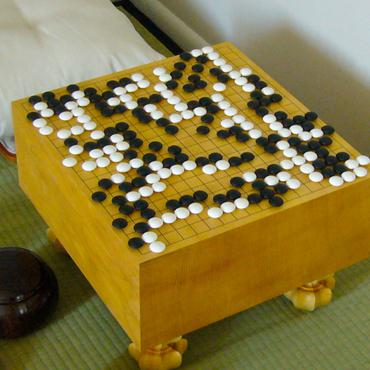Search Results for author: Gianluca Amato
Found 6 papers, 3 papers with code
Increasing biases can be more efficient than increasing weights
no code implementations • 3 Jan 2023 • Carlo Metta, Marco Fantozzi, Andrea Papini, Gianluca Amato, Matteo Bergamaschi, Silvia Giulia Galfrè, Alessandro Marchetti, Michelangelo Vegliò, Maurizio Parton, Francesco Morandin
We introduce a novel computational unit for neural networks that features multiple biases, challenging the traditional perceptron structure.
Artificial intelligence and renegotiation of commercial lease contracts affected by pandemic-related contingencies from Covid-19. The project A.I.A.Co
1 code implementation • 14 Oct 2022 • Maurizio Parton, Marco Angelone, Carlo Metta, Stefania D'Ovidio, Roberta Massarelli, Luca Moscardelli, Gianluca Amato
This paper aims to investigate the possibility of using artificial intelligence (AI) to resolve the legal issues raised by the Covid-19 emergency about the fate of continuing execution contracts, or those with deferred or periodic execution, as well as, more generally, to deal with exceptional events and contingencies.
Score vs. Winrate in Score-Based Games: which Reward for Reinforcement Learning?
no code implementations • 31 Jan 2022 • Luca Pasqualini, Gianluca Amato, Marco Fantozzi, Rosa Gini, Alessandro Marchetti, Carlo Metta, Francesco Morandin, Maurizio Parton
In the last years, the DeepMind algorithm AlphaZero has become the state of the art to efficiently tackle perfect information two-player zero-sum games with a win/lose outcome.
Universal Algebra in UniMath
no code implementations • 11 Feb 2021 • Gianluca Amato, Marco Maggesi, Cosimo Perini Brogi
We present our library for Universal Algebra in the UniMath framework dealing with multi-sorted signatures, their algebras, and the basics for equation systems.
Logic in Computer Science Logic 68V15, 03B38, 03B35, 08A70 I.2.3; F.4.1
SAI: a Sensible Artificial Intelligence that plays with handicap and targets high scores in 9x9 Go (extended version)
1 code implementation • 26 May 2019 • Francesco Morandin, Gianluca Amato, Marco Fantozzi, Rosa Gini, Carlo Metta, Maurizio Parton
We develop a new model that can be applied to any perfect information two-player zero-sum game to target a high score, and thus a perfect play.
SAI, a Sensible Artificial Intelligence that plays Go
1 code implementation • 11 Sep 2018 • Francesco Morandin, Gianluca Amato, Rosa Gini, Carlo Metta, Maurizio Parton, Gian-Carlo Pascutto
We propose a multiple-komi modification of the AlphaGo Zero/Leela Zero paradigm.

